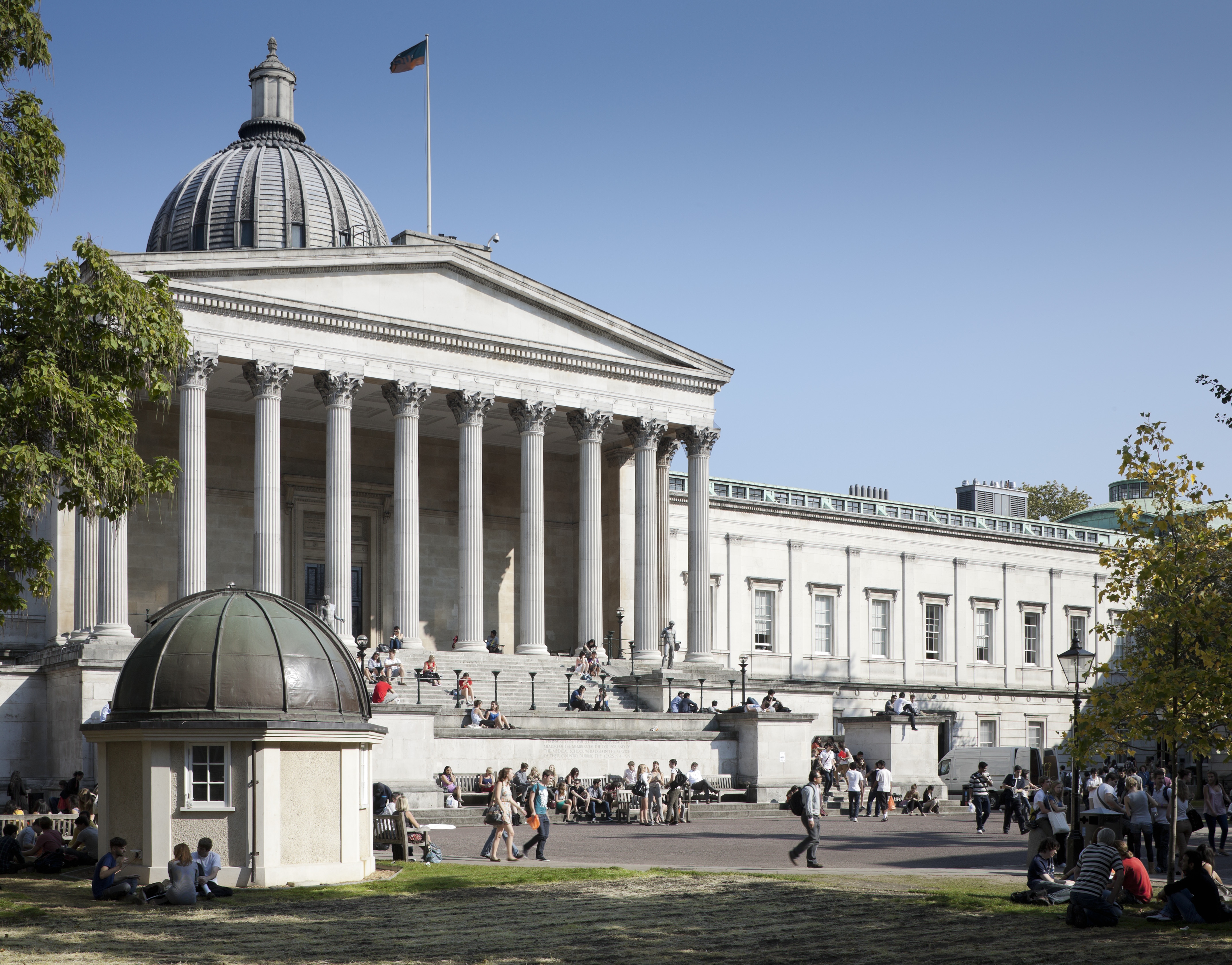
The Enduring Legacies: UCL Managers with the Most Appearances
The UEFA Champions League, football’s most prestigious club competition, is a crucible where legends are forged, and dreams are realized or shattered. While the spotlight often shines brightest on the players who mesmerize with their skill and score the decisive goals, behind every successful team stands a mastermind – the manager. These tactical architects, psychological motivators, and unwavering leaders are the unsung heroes, meticulously crafting strategies, nurturing talent, and navigating the treacherous waters of elite European football.
The sheer longevity and consistency required to amass a significant number of appearances in the Champions League dugout speak volumes about a manager’s enduring quality, adaptability, and resilience. It’s a testament not just to their tactical acumen, but also to their ability to maintain relevance, command respect, and continuously build competitive teams over many years, often across different clubs and footballing eras. This article delves into the illustrious careers of the managers who have graced the Champions League touchline the most, exploring their unique contributions and the indelible marks they’ve left on the competition.
Sir Alex Ferguson: The Untouchable Monarch of the Dugout
Topping the list, almost in a league of his own, is Sir Alex Ferguson. The legendary Scot presided over Manchester United for an astounding 26 years, and a significant portion of that tenure was dedicated to conquering Europe. With 202 Champions League matches under his belt, Ferguson’s record is a monumental achievement, reflecting unparalleled stability and success at the highest level.
Ferguson’s journey in the Champions League began in the 1993-94 season, after United had ended their long wait for a league title. Over the next two decades, he would lead his side to two Champions League triumphs (1999 and 2008), two runner-up finishes (2009 and 2011), and countless memorable European nights. His genius lay not just in his tactical flexibility – adapting from a 4-4-2 diamond to a more fluid system as football evolved – but primarily in his unparalleled man-management and his ability to consistently rebuild and refresh his squads. He fostered a winning culture, instilling a never-say-die attitude that became synonymous with "Fergie Time."
From the dramatic comeback against Bayern Munich in 1999 to the mature, dominant side of 2008 featuring Cristiano Ronaldo, Wayne Rooney, and Paul Scholes, Ferguson’s teams were always a force to be reckoned with. His longevity wasn’t just about presence; it was about sustained excellence, making him the undisputed king of Champions League appearances and a benchmark for managerial greatness.
Arsène Wenger: The Professor’s European Quest
Following closely behind Sir Alex is Arsène Wenger, with 190 Champions League matches managed, almost exclusively with Arsenal. "Le Professeur" brought a revolutionary approach to English football when he arrived at Arsenal in 1996, emphasizing attractive, possession-based football and a meticulous focus on player development.
Wenger’s tenure in the Champions League was marked by incredible consistency in qualification – Arsenal qualified for the competition for 19 consecutive seasons under his guidance, a testament to his ability to keep the club at the top table of English football. While he famously never lifted the coveted trophy, reaching the final in 2006 (losing narrowly to Barcelona), his teams often played some of the most aesthetically pleasing football in the competition.
His tactical philosophy was deeply ingrained, focusing on quick passing, movement, and technical superiority. Despite facing financial constraints due to the construction of the Emirates Stadium, Wenger continuously found ways to assemble competitive teams, nurturing talents like Thierry Henry, Cesc Fàbregas, and Robin van Persie into world-class players. His extensive presence in the Champions League highlights his unwavering commitment to his principles and his enduring impact on Arsenal’s identity as a European club.
Carlo Ancelotti: The Master of European Conquest
Carlo Ancelotti stands as one of the most decorated managers in Champions League history, and his appearance tally of 190 matches (tying with Wenger) underscores his remarkable consistency across multiple elite clubs. What sets Ancelotti apart is his unique record of winning the Champions League an unprecedented four times (twice with AC Milan, twice with Real Madrid) and reaching five finals.
Ancelotti’s managerial style is often characterized by his calm demeanor, exceptional man-management skills, and tactical flexibility. He’s a pragmatist who prioritizes harmony in the dressing room and empowers his star players. His journey through the Champions League includes spells with Parma, Juventus, AC Milan, Chelsea, Paris Saint-Germain, Real Madrid, Bayern Munich, and Napoli, showcasing his adaptability to different leagues and cultures.
His AC Milan teams of the early 2000s, featuring legends like Paolo Maldini, Andrea Pirlo, and Kaka, were tactical masterpieces, capable of both defensive solidity and fluid attacking play. His Real Madrid sides, particularly the "La Décima" winning team of 2014 and the improbable run in 2022, demonstrated his ability to rally superstar players and deliver under immense pressure. Ancelotti’s presence on this list isn’t just about longevity; it’s about converting that longevity into consistent, historic success.
Pep Guardiola: The Architect of Modern Dominance
With 178 Champions League matches and counting, Pep Guardiola has rapidly ascended this prestigious list, establishing himself as one of the most influential and successful managers of his generation. Having won the trophy twice with Barcelona and once with Manchester City, Guardiola has redefined tactical football with his emphasis on possession, pressing, and positional play.
Guardiola’s Barcelona team, particularly the one from 2008-2012, is often cited as one of the greatest club sides in history, captivating audiences with their "tiki-taka" style that dominated European football. His tactical obsession, attention to detail, and unwavering belief in his philosophy have led to unprecedented domestic success at Barcelona, Bayern Munich, and Manchester City.
While his post-Barcelona Champions League triumphs took longer to materialize, his consistent presence in the latter stages of the competition with Bayern and City highlights his enduring quality. Guardiola’s teams are always among the favorites, showcasing an intense, high-demanding style that pushes the boundaries of tactical innovation. His rapid accumulation of appearances is a testament to his relentless pursuit of perfection and his ability to consistently build dominant teams.
José Mourinho: The Pragmatic Conqueror
José Mourinho boasts 153 Champions League matches, a figure that reflects his extensive career at the top level across numerous European giants. "The Special One" has etched his name in Champions League lore by winning the trophy with two different clubs – Porto (2004) and Inter Milan (2010) – a rare feat that underscores his tactical prowess and winning mentality.
Mourinho’s approach is often characterized by pragmatism, defensive solidity, and a masterly understanding of game management. He thrives on being the underdog and excels at motivating his players to perform beyond expectations. His Champions League journey has taken him through Porto, Chelsea (twice), Inter Milan, Real Madrid, and Manchester United.
While his style has sometimes been criticized as overly defensive, his track record of delivering major trophies speaks for itself. His tactical battles, often against more attacking sides, are legendary, and his ability to extract maximum performance from his squads, particularly in knockout competitions, has made him a formidable presence in the Champions League for two decades.
Ottmar Hitzfeld: The Quiet Achiever
With 126 Champions League matches, Ottmar Hitzfeld is another distinguished name on this list. The German manager is one of only five coaches to have won the Champions League with two different clubs: Borussia Dortmund (1997) and Bayern Munich (2001).
Hitzfeld’s success was built on tactical discipline, strong team cohesion, and a no-nonsense approach. He was a master at building well-drilled, efficient teams that were incredibly difficult to beat. His tenure at Dortmund saw them rise to challenge Bayern’s dominance, culminating in their unexpected Champions League triumph. He then moved to Bayern, where he continued his success, leading them to European glory. Hitzfeld’s quiet demeanor often belied his immense tactical intelligence and his ability to instill a winning mentality in his players.
Other Notable Legends
Several other managerial giants have left their mark with significant Champions League appearances:
- Mircea Lucescu (115 matches): The veteran Romanian manager has an astonishingly long career, managing numerous clubs across Eastern Europe and Turkey, including Shakhtar Donetsk for many years, consistently bringing them into the Champions League. His longevity is a testament to his adaptability and enduring passion for the game.
- Massimiliano Allegri (100 matches): Known for his tactical flexibility and pragmatic approach, Allegri has led AC Milan and Juventus to multiple Champions League campaigns, reaching two finals with Juventus.
- Diego Simeone (100 matches): The fiery Argentine has transformed Atlético Madrid into a perennial Champions League contender, reaching two finals with his distinctive, high-intensity defensive style. His continued presence at the top level ensures he will climb this list further.
- Marcello Lippi (99 matches): The iconic Italian manager led Juventus to four Champions League finals, winning one in 1996. His tactical shrewdness and ability to build formidable teams made him a consistent European force.
- Vicente del Bosque (98 matches): A quiet but immensely successful manager, Del Bosque led Real Madrid to two Champions League titles (2000, 2002) during his relatively short but impactful tenure at the club. His man-management skills were exemplary, fostering harmony among a team of "Galácticos."
- Jupp Heynckes (94 matches): Another manager to win the Champions League with two different clubs (Real Madrid in 1998 and Bayern Munich in 2013), Heynckes enjoyed a late-career resurgence, culminating in Bayern’s treble-winning season.
The Common Threads of Longevity
What unites these managerial titans who have amassed so many Champions League appearances?
- Adaptability: The game constantly evolves. These managers have shown an incredible ability to adapt their tactics, training methods, and even their man-management styles to new generations of players and different footballing trends.
- Man-Management: Beyond tactics, the ability to handle egos, motivate diverse groups of players, and maintain squad harmony over long periods is crucial. Many of these managers are renowned for their leadership qualities and their relationships with their players.
- Resilience: The Champions League is relentless. There are highs and lows, crushing defeats and glorious victories. These managers have demonstrated an unwavering mental fortitude to bounce back from setbacks and maintain focus under intense pressure.
- Strategic Vision: They aren’t just thinking about the next game, but about building squads, developing talent, and sustaining success over multiple seasons.
- Club Loyalty/Trust: Many of these managers enjoyed long tenures at a single club (Ferguson, Wenger, Simeone), indicating a deep trust from their respective boards, allowing them the stability needed to build and compete consistently. Others (Ancelotti, Mourinho, Guardiola) have proven their quality across multiple top clubs, earning respect and opportunities wherever they go.
Conclusion
The list of managers with the most Champions League appearances is a roll call of footballing legends. They are the architects of dynasties, the orchestrators of tactical masterpieces, and the unwavering leaders who have shaped the very fabric of European club football. Their longevity in such a high-pressure environment is not merely a statistical anomaly but a profound testament to their exceptional talent, dedication, and enduring influence on the beautiful game.
As new generations of managers emerge and the Champions League continues to evolve, the challenge to reach these lofty appearance totals becomes even greater. Yet, the legacies forged by Ferguson, Wenger, Ancelotti, Guardiola, and their peers will continue to inspire, serving as a reminder that true greatness in football management is often measured not just by trophies, but by the indelible mark left on the competition over many, many unforgettable European nights.



